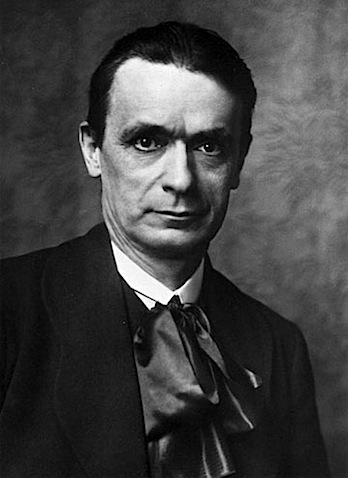The Perils of Materialism

“Materialism can never offer a satisfactory explanation of the world. For every attempt at an explanation must begin with one’s forming thoughts about phenomena. Thus, materialism starts with the thought of matter or of material processes. In so doing, it already has two different kinds of facts on hand: the material world and thoughts about it. Materialism attempts to understand the latter by seeing them as a purely material process. It believes that thinking occurs in the brain in the same way as digestion occurs in the animal organism. Just as it ascribes mechanical and organic effects to matter, materialism also assigns to matter the capacity, under certain circumstances, to think. But it forgets that all it has done is to shift the problem to another location. Materialists ascribe the capacity to think to matter rather than to themselves. And this brings them back to the starting point. How does matter manage to think about its own existence? Why does it not simply go on existing, perfectly content with itself? Materialism turns aside from the specific subject, our own I, and arrives at an unspecific, hazy configuration: matter. Here the same riddle comes up again. The materialist view can only displace the problem, not solve it.”
–Rudolf Steiner (Croatian-born Austrian Mystic, Occultist, Social Philosopher, Architect and Founder of Anthroposophy, 1861-1925)
The Philosophy of Freedom, a.k.a. The Philosophy of Spiritual Activity (1921), a.k.a. Intuitive Thinking as a Spiritual Path (1995)







